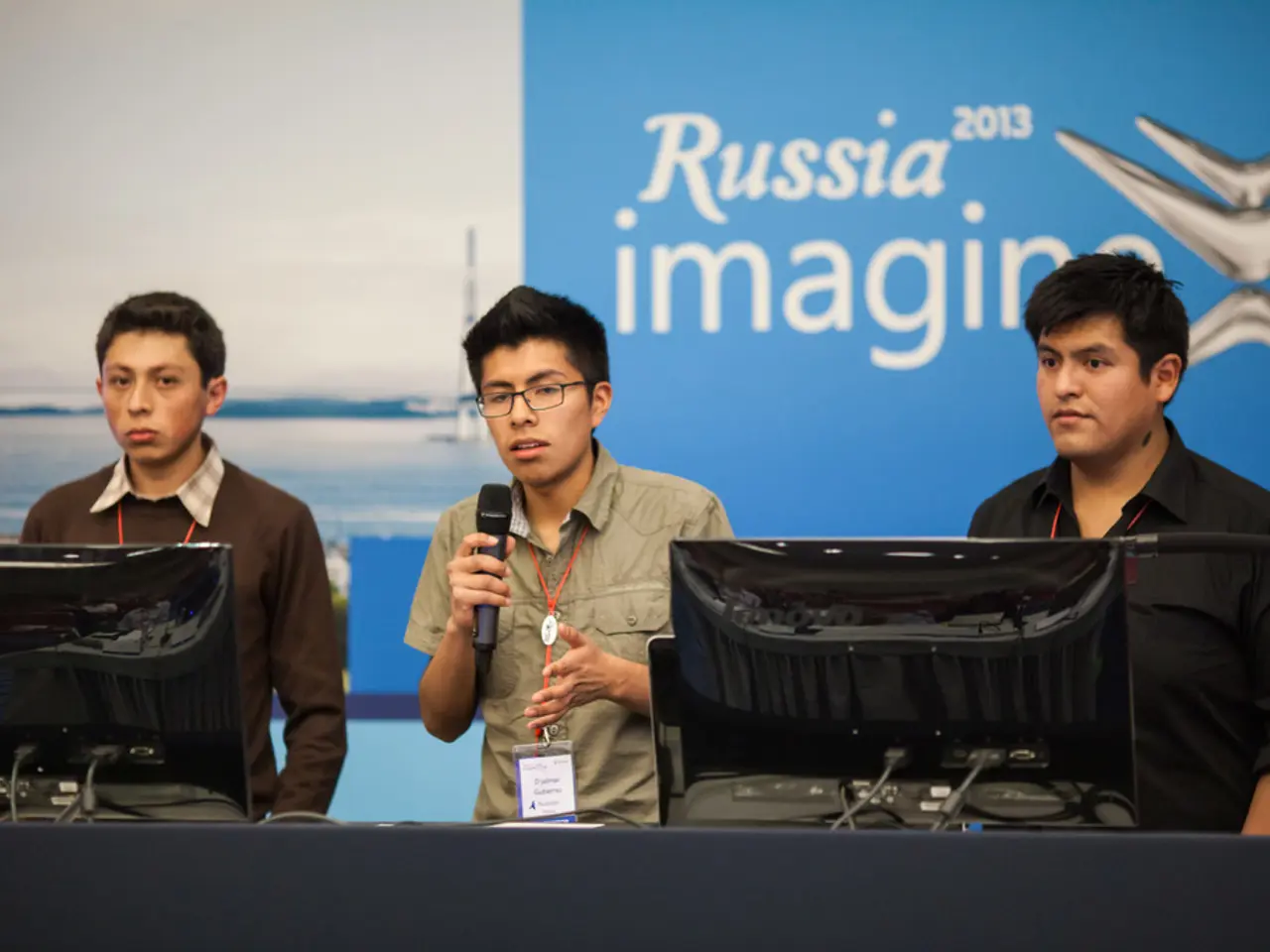International leaders implore Trump to safeguard Ukraine's well-being
The war in Ukraine has been a subject of international concern, and European leaders have been vocal in their calls for a peaceful resolution. Yesterday, the U.S. President announced a meeting with Russian President Vladimir Putin on August 15, sparking renewed hopes for a diplomatic solution.
The key conditions set by European leaders for negotiations focus primarily on ensuring Ukraine's sovereignty, security, and freedom to join international organisations like the EU and NATO. Any ceasefire or peace agreement must be durable, and a US security guarantee, supported by European partners, is essential to unlocking such peace.
European leaders remain firmly on the side of Ukraine and are committed to its sovereignty, independence, and territorial integrity. They stress that internationally recognised borders should not be changed by force. In a future peace agreement, Ukrainians will not give their land to occupiers. Reliable and effective guarantees are needed to enable Kyiv to effectively defend its sovereignty and territorial integrity.
The diplomatic resolution must guarantee the protection of Ukraine and Europe's vital security interests. European leaders are ready to provide stabilization forces on the ground post-war if these guarantees are secured. They will continue to closely cooperate with President Trump and the U.S., as well as with President Zelensky and the people of Ukraine, for peace in Ukraine.
The path to peace cannot be determined without Ukraine's involvement. The invasion of Ukraine by Russia is a violation of the UN Charter, the Helsinki Final Act, the Budapest Memorandum, and various Russian commitments. European leaders are united and determined to advance their interests together in regards to Ukraine. They will continue to provide significant military and financial assistance to Ukraine.
European leaders have called on U.S. President Donald Trump to negotiate with Russian President Vladimir Putin to end the war in Ukraine. They emphasise that meaningful negotiations can only take place under conditions of a ceasefire or a significant reduction in the intensity of hostilities. The negotiations should occur only under the condition of a ceasefire.
In a future peace agreement, Trump had stated that there should be a "land swap". However, European leaders accept that territorial concessions might become more acceptable if Ukraine's sovereignty is fully protected. A critical concern is that Putin should not have veto power over the US security guarantee, which remains a contentious point. Finally, European leaders stress the importance of being actively involved in shaping negotiations directly with Trump to avoid negative outcomes influenced by Putin or Trump administration sympathizers.
In conclusion, the European leaders are united in their efforts to bring peace to Ukraine, prioritising Ukraine's sovereignty, security, and territorial integrity. They will continue to support Ukraine diplomatically, financially, and militarily, and call on the U.S. President to negotiate with the Russian President for a peaceful resolution to the conflict.
- The European leaders are advocating for a diplomatic resolution to the war in Ukraine, focusing on conditions that ensure Ukraine's sovereignty, security, and freedom to join international organizations like the EU and NATO.
- In negotiations with Russian President Vladimir Putin, European leaders emphasize the necessity of a US security guarantee, supported by European partners, for a lasting peace agreement.







